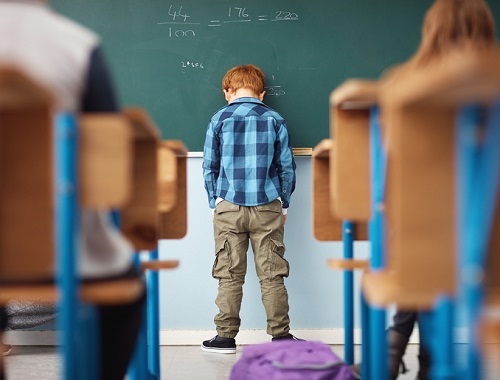
Some children suspended from school in early years find it difficult to reverse the negative trajectory in their academic life, a new study shows.
The research, published in Children and Youth Services Review and reported by Science Daily, found that suspended kindergartners and first-graders – especially boys – are likely to be suspended again later in elementary school.
In their study, researchers from the University of Michigan (UM) used data from an initiative of the Social Research and Evaluation Center at the Louisiana State University (LSU) College of Human Sciences and Education.
Zibei Chen, a research fellow at the UM School of Social Work, said these children not only miss out on time spent early learning experiences but are also less likely to be referred to services and supports they need to thrive in later school years.
The findings included that boys rated by teachers as aggressive, defiant and disruptive are more likely to be suspended than girls. They are also less engaged in school.
And the same went for troublesome girls. Those rated by teachers as disruptive and lacking in parental school involvement were found to be more likely to be suspended.
An interesting finding was that significant predictors of suspension in kindergarten and first grade also predicted suspension one and three years later.
Boys and African-American students were more likely to be suspended than girls and white and Hispanic students, respectively, the study indicated.
However, sometimes these behavioral issues can be reported by teachers who may hold implicit racial biases and not issue the same penalties to white students, Mi-Youn Yang, LSU assistant professor of social work, pointed out.


